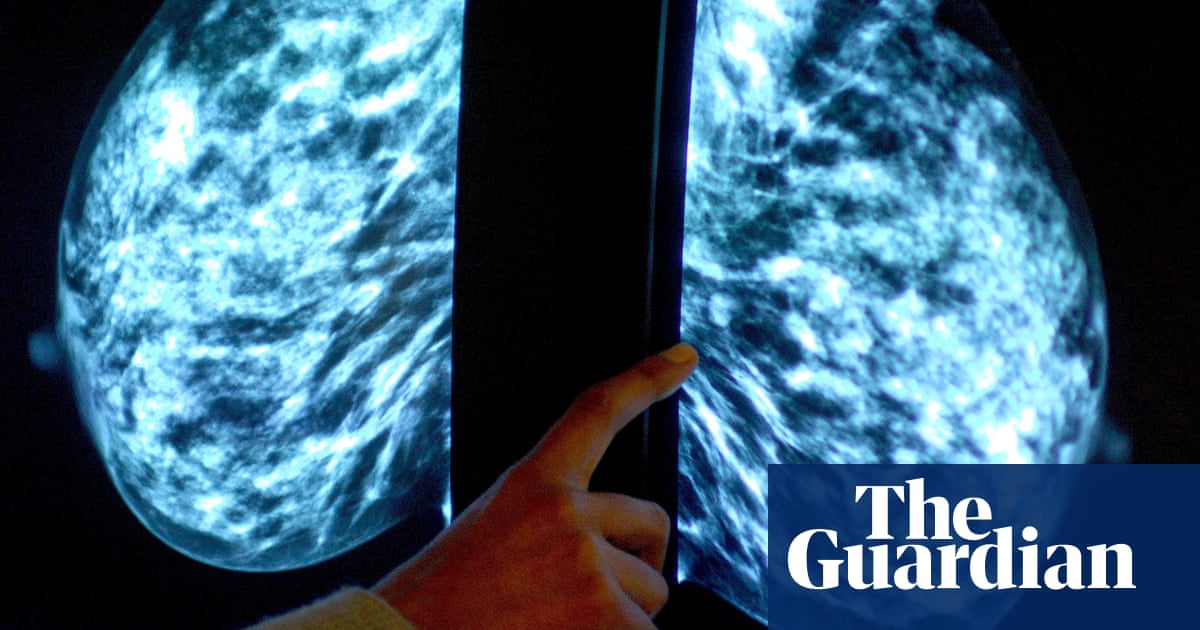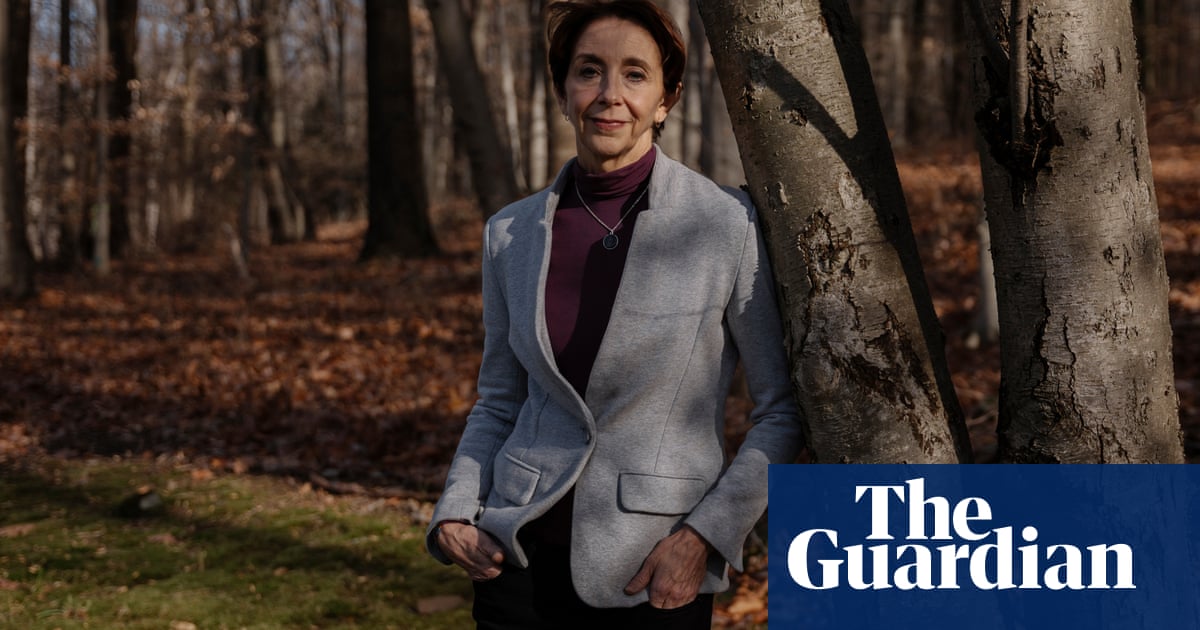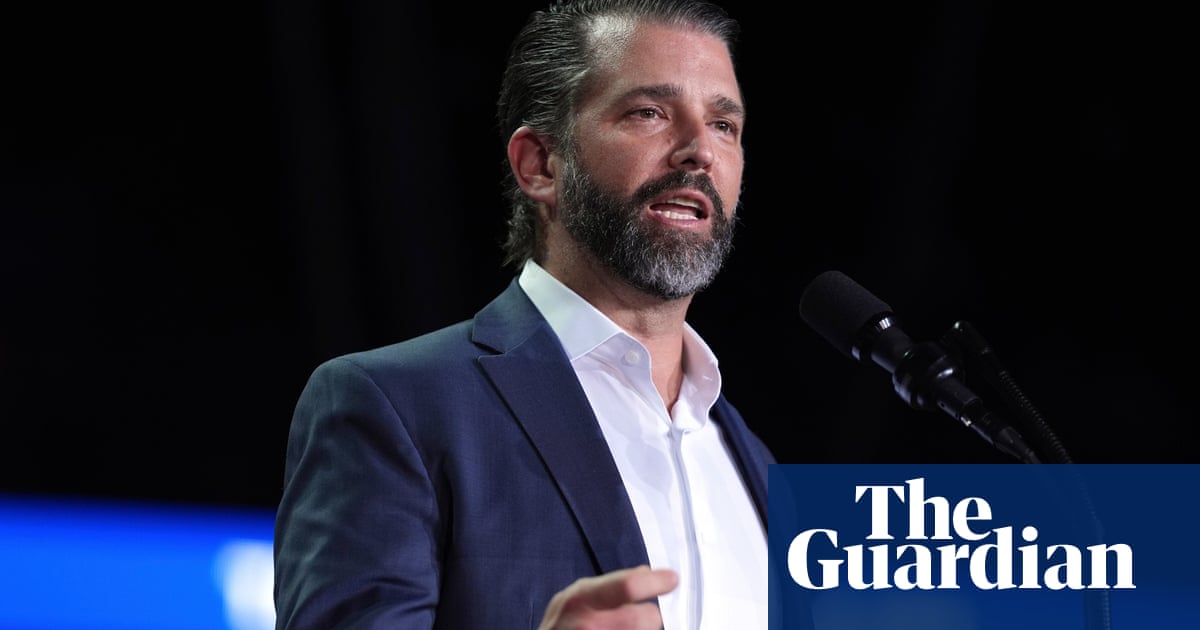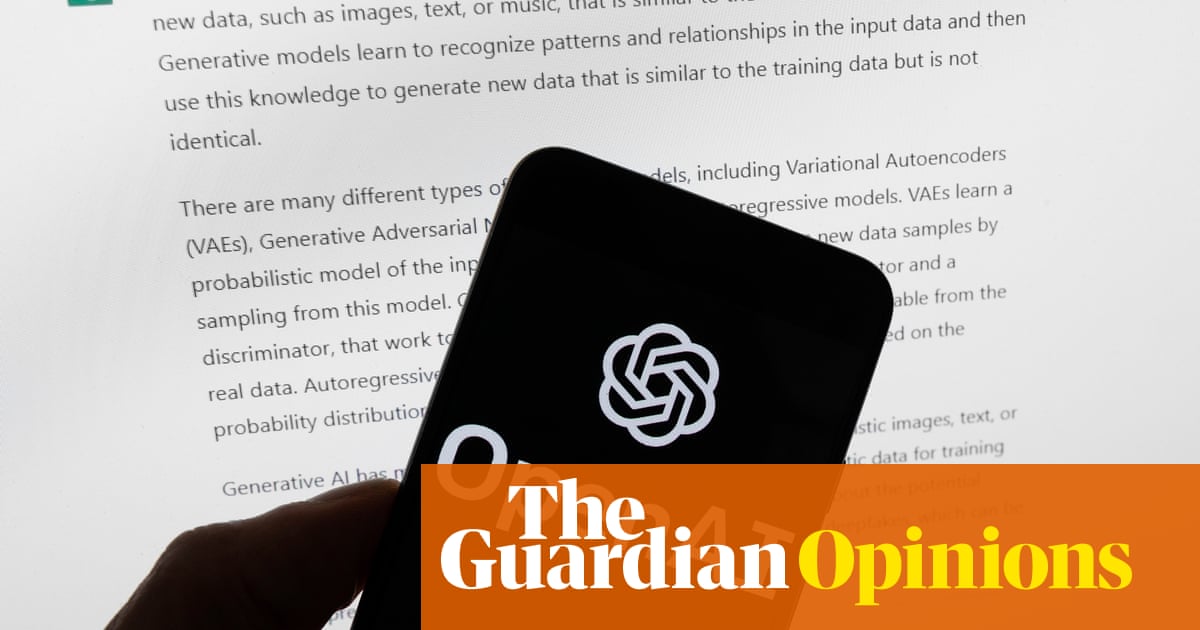All that work, all that talent, all that incredible brain and computing power, and it’s being concentrated on providing the world with nothing more than a higher, more powerfully terrible form of that old fortune teller’s skill, cold reading – extrapolating from a person’s tiniest behavioural clues to produce apparently unknowable information about them.
Eternal You is a 100-minute dive into the cold and murky waters of the digital afterlife industry. To those of you blessedly unfamiliar with this phenomenon – as I was before I watched this world-tilting, mind-galvanising film – there are companies dedicated to using AI to create convincing avatars of dead people. The whole of internetted human history is crunched, including whatever digital footprint left by the deceased, plus whatever details the bereaved care to add and then, for a small sum, loved ones can communicate once again with the departed.
Joshua Barbeau is a user of one such company, Project December. He uses it to talk to his fiancee, Jessica, whose life-support machine he had to turn off and whose hand he held as she died. Christi Angel uses the service to talk to her beloved partner, Cameroun, to whose last text she was too busy to respond before he fell into a coma from which he never emerged. Stephenie Oney is a user of HereAfter.ai and gathers her family to engage in voice-synthesised conversation with her late father, Bill. She thinks it will give his grandchildren a better sense of who he was than photos or home videos can.
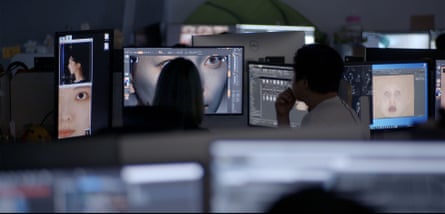
Woven in and out of their experiences are the comments and opinions of those for and against the current direction of this AI travel. Eternal You is soberly directed by Hans Block and Moritz Riesewieck and beautifully balanced, looking at the motivations of users and creators, at the influence of the money involved, plus what the individual and collective pros and cons could be. It tackles the responsibilities of creators and legislators to protect us and circumscribe this digital project rather than pursue every possibility to its very end, and whether anything in human history should give us faith that this might happen.
And yet it is impossible not to be horrified by the whole thing. It is impossible not to notice the expansive understanding of humanity emanating from critics such as Sherry Turkle and Carl Öhman compared with the flippant demeanour of most of the tech bros and others behind the development of the technology. With special mention going to the founder of Project December, Jason Rohrer, whose wife had the idea before he did but didn’t tell him because, he laughs: “She thought it shouldn’t be done, or something.”
Rohrer laughs his way dismissively, too, through Angel’s distress after AI Cameroun tells her he is in hell. “I’ve got some bad news for her – in my opinion … her whole belief system [Christianity] is flawed.” It is not his job, Rohrer insists, to keep warning people not to buy into the illusion: “That doesn’t make for a good experience.” And, the thought hangs unspoken in the air – a good experience is what people pay for.
after newsletter promotion
It is impossible not to note that most of the users interviewed have been bereaved in a particularly traumatic way, and that they are therefore among the most vulnerable of an already vulnerable group. None more so, perhaps, than Jang Ji-sung, whose seven year old daughter, Nayeon, died suddenly – her mother’s last words were to tell her off for kicking the bed, not realising she was doing so in the throes of extreme pain. “I couldn’t say goodbye.”
The people at a VR company recreate her daughter as a visible, speaking figure her mother can see via a headset. It is broadcast on Korean TV in a documentary called Meeting You. The sight of her arms reaching out into the empty air to try to touch the child is something it is hard to believe we were ever meant to see. The producers watch from above, trying to decide on an appropriate soundtrack and wishing Jang didn’t look so “dreary”. Afterwards, Jang says her guilt lifted a little. But that Nayeon never comes to her in her dreams any more.
Eternal You is a film about many things. At one level, it’s about technological innovation, brilliant minds, practical and legislative conundrums, the best and worst of free-market capitalism. At another, even perhaps for people of a naturally less luddite bent than myself, it is about the eternal exploitation of the desperate by the greedy, cruel or unthinking. It’s also about the opening up of an abyss of horrors masquerading as answers to unbearable longings, into which some people will willingly jump, others will fall, and over whose edge all of humanity will eventually be dragged, kicking, screaming, but with no other choice. It is about the death of grace, the death perhaps of the meaning of life itself.

.png) 2 months ago
21
2 months ago
21








